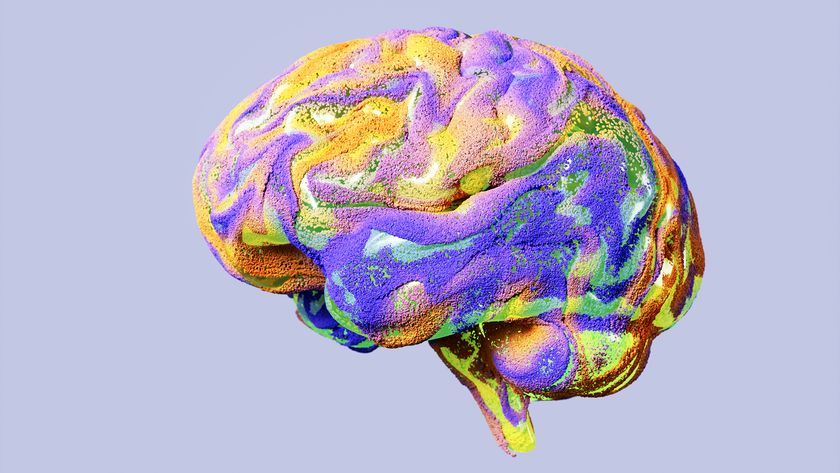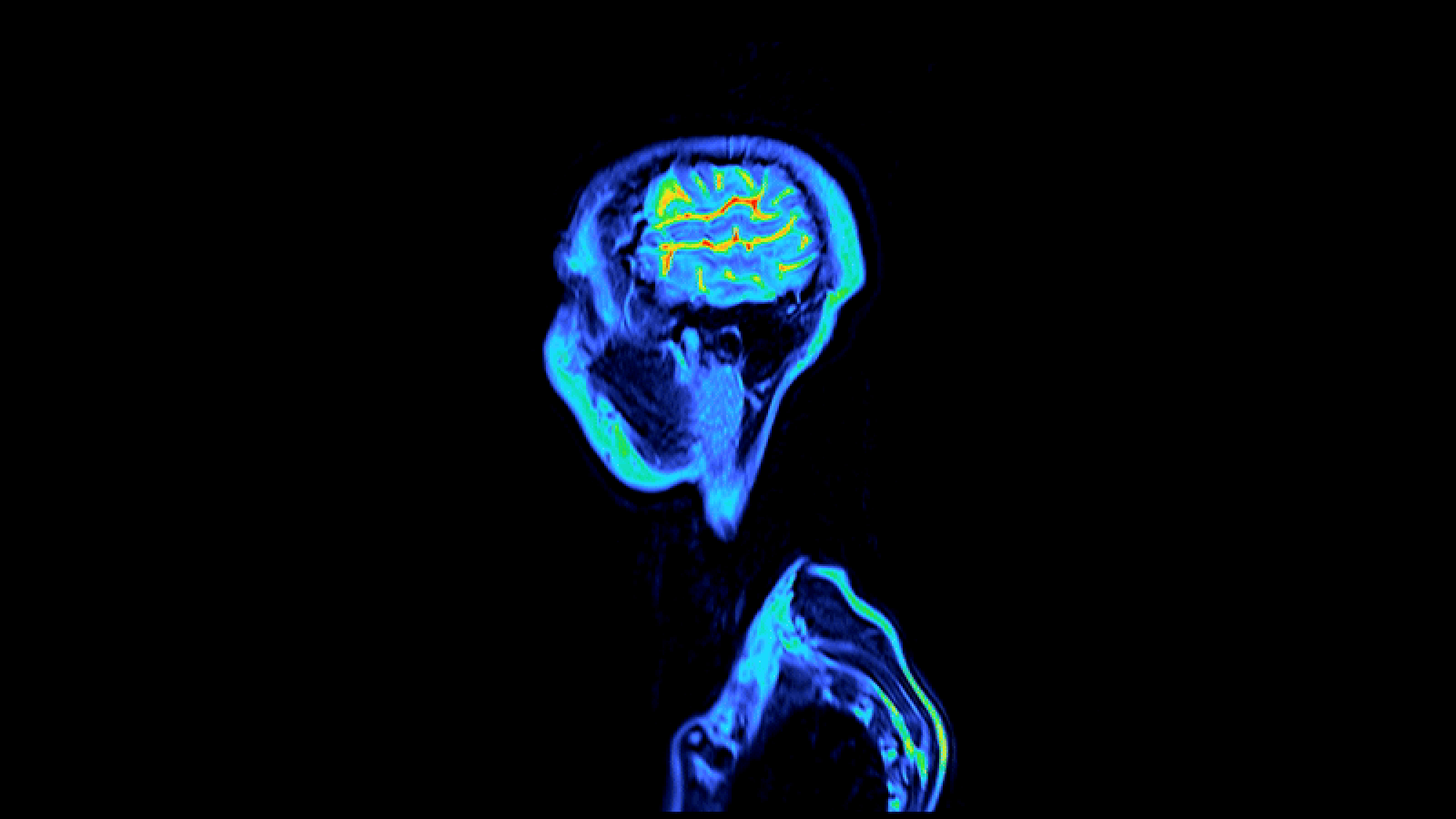The Neuroscience of Self-Esteem, Self-Criticism and Self-Compassion
All the emphasis on self-esteem building in recent decades has done little to instruct people on what to do when they hit a bump in the road. Most of us, research shows, unleash our inner critic – even if the hardship is brought on by age, illness or another inevitable part of life.
Recently, scientists such as Paul Gilbert of Kingsway Hospital in the United Kingdom and Kristin Neff of the University of Texas at Austin, have suggested being self-compassionate, rather than self-critical, especially in rough times, is more likely to help us rebound and may lead to greater success and happiness in the long run.
This is not just semantics or new-age feel-good fluff. Gilbert associates self-esteem, self-criticism and self-compassion with three interacting emotional systems in the brain, each with their own evolutionary purpose and mediating neurotransmitters.
The "drive" system
Likely linked to self-esteem, this system, which is thought to rely heavily on dopamine, compels us to pursue resources, mates, skills, status and so on, Gilbert told LiveScience.
The threat-protection system
Fueled in part by neuro-adrenalin, this helps us decide to either fight, flee or submit in the face of a threat. It may stimulate, or be stimulated by, self-criticism, Gilbert said.
Sign up for the Live Science daily newsletter now
Get the world’s most fascinating discoveries delivered straight to your inbox.
For many of us, these first two systems dominate. When our self-esteem is threatened -- when we have a setback or come across someone that we perceive to be better than us -- the threat-protection system goes into action. We may attack ourselves, put down the other person or "flee" from the knowledge of our own faults.
Luckily, there is another option (and another system).
The mammalian care-giving system
Running on oxytocin and intrinsic opiates, this system likely evolved with our need to affiliate and take care of our young. It gives rise to our ability to be compassionate, a skill that when turned inward may guide and comfort the other two systems, Gilbert said.
"It is like your ideal parent, ideal friend, that grandparent you wish you had," Neff said.
According to this framework, when something distressing happens -- an illness, a worry, an argument, a setback -- the drive system can turn to the system that will give it a proverbial spanking or the system that will give it a hug.
A growing body of research suggests the embrace leads to better outcomes in the long run.
Robin Nixon is a former staff writer for Live Science. Robin graduated from Columbia University with a BA in Neuroscience and Behavior and pursued a PhD in Neural Science from New York University before shifting gears to travel and write. She worked in Indonesia, Cambodia, Jordan, Iraq and Sudan, for companies doing development work before returning to the U.S. and taking journalism classes at Harvard. She worked as a health and science journalist covering breakthroughs in neuroscience, medicine, and psychology for the lay public, and is the author of "Allergy-Free Kids; The Science-based Approach To Preventing Food Allergies," (Harper Collins, 2017). She will attend the Yale Writer’s Workshop in summer 2023.












